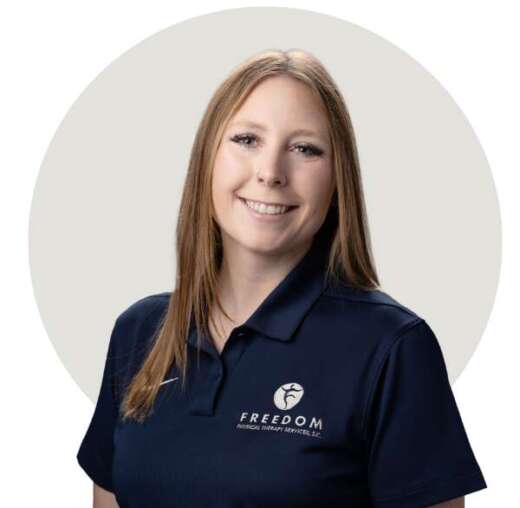Language Therapy
section-82c425c
What is Language Therapy?
Language disorders affect your ability to comprehend what others say (receptive language) or to express your ideas clearly (expressive language). This may involve trouble finding the right words, forming complete sentences, or following conversations. Our SLPs use evidence-based approaches to help strengthen expressive and receptive language skills, making everyday communication more successful and less frustrating.
What conditions could benefit from this treatment?
- Developmental Language Disorder (DLD)
Children who have difficulties with language skills (expressive language and receptive language) sometimes correlated with developmental delays, but is not explained by hearing loss, autism, or cognitive delay. - Autism Spectrum Disorder (ASD)
Our therapists help with expression such as forming sentences, maintaining conversation, or narrating events, while also assisting with pragmatic skills (i.e,. understanding figurative language, sarcasm, or indirect requests) to better enhance functional language across all settings (i.e., emotionally, educationally, and vocationally)
- Hearing Loss
Without clear access to sound, children and adults may struggle to understand spoken language (receptive) or develop vocabulary and grammar (expressive). Our therapists focus on building communication with or without hearing aids/cochlear implants.
- Aphasia (Post-Stroke or Brain Injury)
Damage to the brain's language centers can affect Receptive language or Expressive language
- Traumatic Brain Injury (TBI)
May affect comprehension of spoken/written language or ability to express thoughts clearly. Therapy addresses both functional language and higher-level thinking skills
- Intellectual and Developmental Disabilities
Conditions like Down syndrome, Fragile X syndrome, and others often include delays in expressive and/or receptive language development. Language Therapy helps build functional language skills tailored to individual strengths.
- Learning Disabilities
Language therapy can help with trouble following directions and understanding what is read or heard. Therapy can work to improve organizing thoughts, writing, or retelling stories.
- Primary Progressive Aphasia (PPA)
A neurodegenerative condition causing a gradual loss of language abilities. Therapy focuses on preserving function and using compensatory strategies
- Selective Mutism or Anxiety-Based Communication Disorders
Expressive language is present but not used in specific situations due to anxiety. Therapy helps build confidence and social communication in low-stress settings.
section-47754bb
Come see us for Language Therapy
REQUEST APPOINTMENT
section-ae958dc
section-540f1a0
Team Of Professionals


